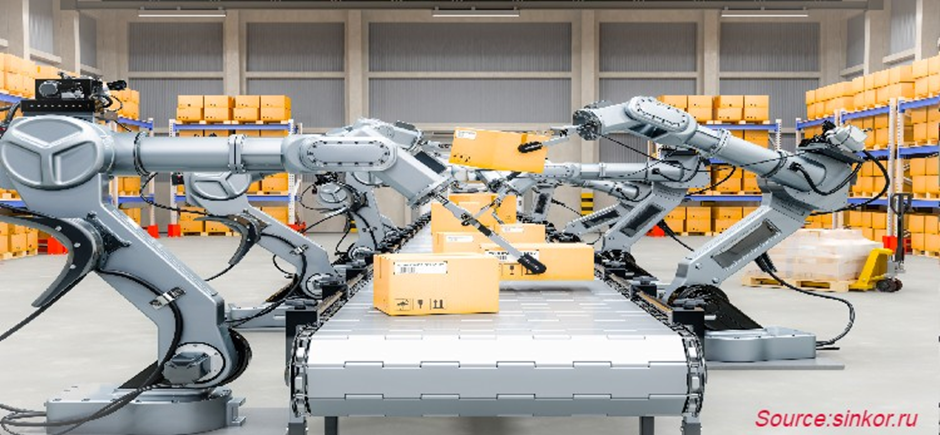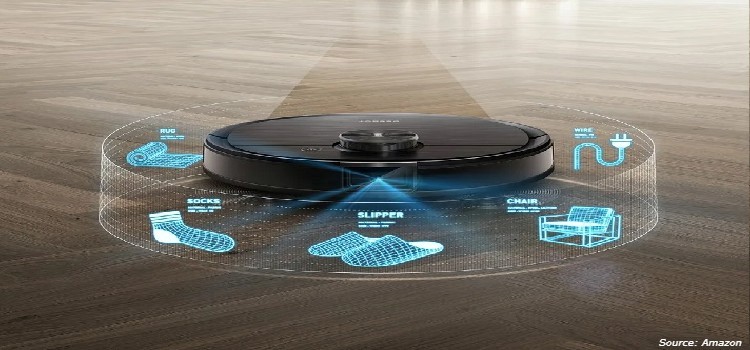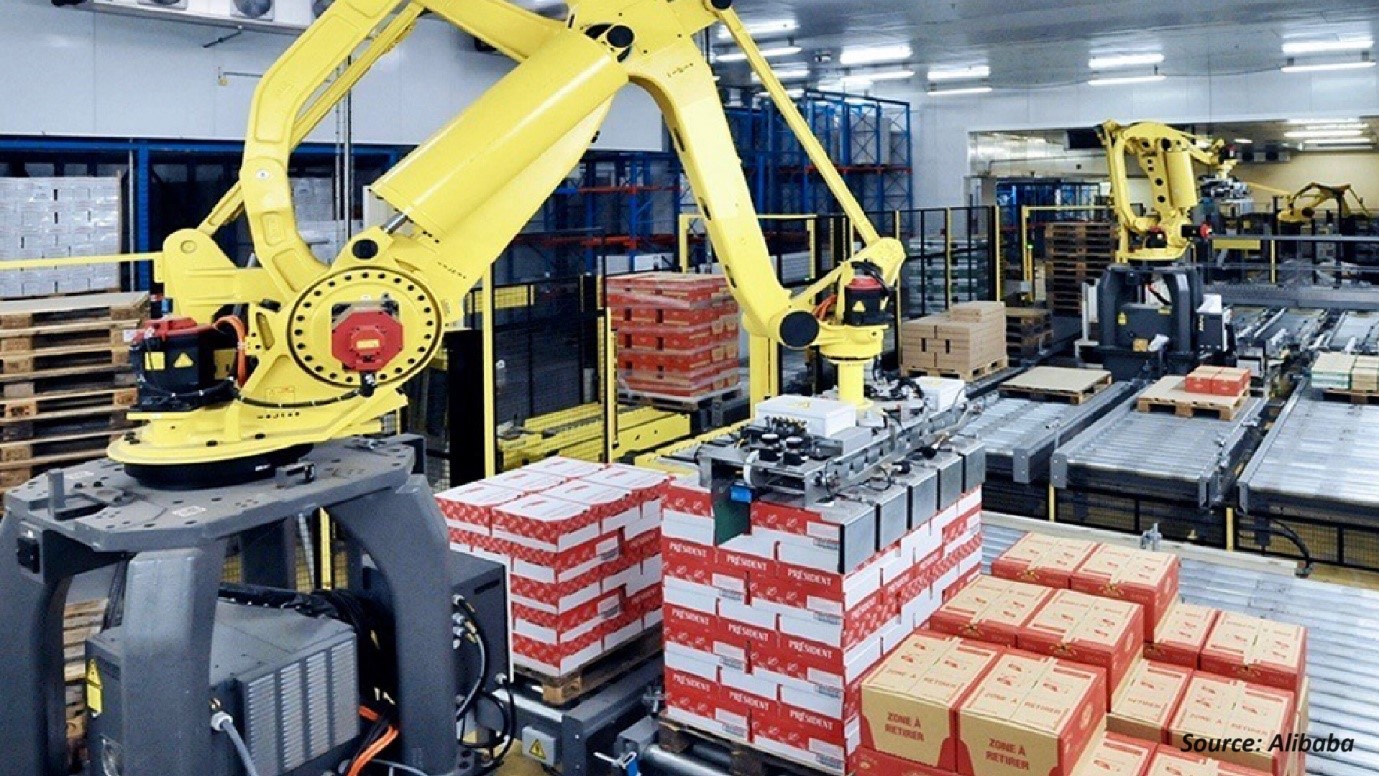
Smart Water Management Market by Offerings (Product and Services), by Solution (Water Pipeline Monitoring & Leak Detection, Water level Monitoring and Dam Management, Waste Water Monitoring, and Other Solutions), by Deployment Mode (On-Premises and Cloud), and by Application (Residential, Commercial and Industrial) – Global Opportunity Analysis and Industry Forecast 2024-2030
Smart Water Management Market Overview
The global Smart Water Management Market size was valued at USD 17.32 billion in 2023 and is predicted to reach USD 37.97 billion by 2030 with a CAGR of 11.8% from 2024-2030.
The smart water management industry involves the use of advanced technologies and solutions to manage and optimize the collection, distribution, and use of water resources. This industry covers a range of innovative tools and systems, including smart meters, sensors, data analytics, and IoT devices, that aim to improve the efficiency, sustainability, and reliability of water management practices.
Utilizing these technologies, smart water management aims to address challenges such as water scarcity, aging infrastructure, and climate change impacts, ensuring better water quality, reducing waste, and enhancing resource conservation efforts. For businesses, this offers operational cost savings, compliance with environmental regulations, and enhanced corporate sustainability performance.
Market Dynamics and Trends
Rising adoption of smart water management in the hospitality industry enhances operational efficiency and guest satisfaction by minimizing water wastage and ensuring consistent, high-quality water service. For instance, in April 2024, VivoAquatics launched a smart water usage and leak detection platform aimed at helping hotels meet conservation targets and reduce leak-related costs. This platform integrates water meters, sensors, and software to monitor water usage across various facility operations, including main lines, cooling towers, and pools.
Also, the expansion of urban areas and growing population levels drive the need for scalable and efficient water management solutions to meet increased smart water management market demand for water resources. As per the data provided by the world bank, approximately 56% of the global population, or 4.4 billion people, reside in urban areas. This trend is projected to persist, with the urban population expected to more than double by 2050. As a result, nearly 70% of the world’s population will reside in urban cities, underscoring the urgent need for advanced water management technologies to ensure sustainable water use and infrastructure resilience in growing urban environments.
Moreover, increasing advancements in IoT, data analytics, and sensor technologies are significantly enhancing the efficiency of smart water management solutions. As these innovations become increasingly cost-effective, their adoption across industries is expanding rapidly. For instance, in April 2024, SUEZ and Vodafone partnered to enhance the remote reading of smart water meters through the implementation of Narrowband Internet of Things (NB-IoT) technology. This collaboration aims to deploy over 2 million NB-IoT meters by 2030, significantly improving water management by potentially reducing consumption by up to 15% through effective leak detection and usage monitoring.
However, the high initial and upgradation costs that restrict small and medium-sized enterprises from integrating water management hinders the growth of the market. On the contrary, integration of artificial intelligence (AI) into smart water management systems enables advanced predictive analytics, automated decision-making, and real-time problem-solving. This capability significantly enhances the efficiency and effectiveness of water management practices, creating substantial growth opportunities in the market.
For instance, in August 2024, Veolia launched the Hubgrade Water Footprint, a digital solution that leverages artificial intelligence to help organizations monitor and reduce their water consumption and greenhouse gas emissions in real-time. This platform enables companies to identify inefficiencies and optimize water-related energy use, significantly contributing to their sustainability goals and ecological transformation efforts.
Market Segmentation and Scope of Study
The smart water management market report is segmented on the basis of offerings, solution, deployment mode, application, and region. On the basis of offerings, the market is categorized into product and services. On the basis of solution, the market is classified into water pipeline monitoring & leak detection, water level monitoring and dam management, waste water monitoring, and others. On the basis of deployment mode, the market is divided into on-premises and cloud. On the basis of application, the market is bifurcated into residential, commercial and industrial. Regional breakdown and analysis of each of the aforesaid segments includes regions comprising of North America, Europe, Asia-Pacific, and Rest of World (RoW).
Geographical Analysis
North America holds the dominating in smart water management market share at present and is expected to continue its dominance throughout the forecast period. This is attributed to the increasing demand for sustainable water solutions, particularly in response to aging infrastructure in developed countries such as the U.S. and Canada.
For example, in August 2023, Aquasight launched an enhanced version of its APOLLO Smart Wastewater and Pumping platform, featuring real-time analytics, operational guidance, and performance trend monitoring to optimize wastewater treatment operations. The upgraded platform includes an advanced centrifuge module to improve sludge processing, potentially leading to substantial cost savings for wastewater treatment plants.
In addition, growing use of smart water meter in developed nations such as the U.S. and Canada for managing sustainable water solutions is thriving the market expansion. For instance, in June 2023, Xylem launched its new ultrasonic water meter called Cordonel, that features patented technology to measure low-to-high-volume flow with proven accuracy. The meter comprises of unique flow tube with three measurement channels to capture every drop and seamlessly integrates with the FlexNet communication network to provide accurate readings in real-time.
On the other hand, Asia-Pacific is considered fastest growing region in the smart water management industry owing to the growing government initiatives towards water management among the residential and commercial sector. As an example, the Asian Development Bank approved USD 20 million financing package in 2022 to enhance water management and resilience in Bhutan. This project aims to enhance access to clean drinking water and efficient irrigation systems by investing in infrastructure development and implementing climate-smart water management practices.
Furthermore, the leading companies are adopting various business strategies including innovation and business expansion, which in turn is boosting the smart water management market growth. For instance, in September 2022, Samsung Electronics launched a new environmental strategy targeting net zero carbon emissions by 2050, that includes significant investments in renewable energy, water conservation, and resource circularity. This strategy aligns with smart water management solutions, as it emphasizes enhancing water reuse and minimizing waste, contributing to sustainable resource management within its operations.
Competitive Landscape
Various key players in the smart water management industry includes Asea Brown Boveri (ABB) Ltd., Schneider Electric, International Business Machines (IBM) Corporation, Suez SA, Arad Group, Honeywell International Inc., Itron Inc., Oracle Corporation, Siemens AG, Xylem Inc., and Badger Meter Inc., among others.
These companies are opting various strategies such as acquisition and product launch to maintain their dominance in the global market.
For instance, in January 2024, ABB acquired Real Tech, a Canadian company specializing in advanced optical sensor technology for real-time water monitoring, to expand its smart water management portfolio. The acquisition aims to leverage Real Tech's optical sensors to enhance ABB's offerings in the water sector and address global water management challenges.
Moreover, in May 2023, Itron launched AMI Essentials for water, a solution that includes the Intelis wSource NB-IoT water meter and the Temetra digital platform, aimed at accelerating the digital transformation of water utilities in Australia and New Zealand. This offering facilitates efficient data collection and analytics while enabling seamless migration to advanced metering infrastructure, particularly benefiting smaller utilities.
Key Benefits
-
The report provides quantitative analysis and estimations of the smart water management market from 2024 to 2030, which assists in identifying the prevailing market opportunities.
-
The study comprises a deep-dive analysis of the current and future smart water management market trends to depict prevalent investment pockets in the industry.
-
Information related to key drivers, restraints, and opportunities and their impact on the smart water management market is provided in the report.
-
Competitive analysis of the players, along with their market share is provided in the report.
-
SWOT analysis and Porters Five Forces model is elaborated in the study.
-
Value chain analysis in the market study provides a clear picture of roles of stakeholders.
Smart Water Management Market Key Segments
By Offerings
-
Product
-
Services
By Solution
-
Water Pipeline Monitoring & Leak Detection
-
Water level Monitoring and Dam Management
-
Waste Water Monitoring
-
Other Solution
By Deployment Mode
-
On-Premises
-
Cloud
By Application
-
Residential
-
Commercial
-
Industrial
By Region
-
North America
-
The U.S.
-
Canada
-
Mexico
-
-
Europe
-
The UK
-
Germany
-
France
-
Italy
-
Spain
-
Denmark
-
Netherlands
-
Finland
-
Sweden
-
Norway
-
Russia
-
Rest of Europe
-
-
Asia-Pacific
-
China
-
Japan
-
India
-
South Korea
-
Australia
-
Indonesia
-
Singapore
-
Taiwan
-
Thailand
-
Rest of Asia-Pacific
-
-
Rest of the World
-
Latin America
-
Middle East
-
Africa
-
Key Players
-
Asea Brown Boveri (ABB) Ltd.
-
Schneider Electric
-
International Business Machines (IBM) Corporation
-
Suez SA
-
Arad Group
-
Honeywell International Inc.
-
Itron Inc.
-
Oracle Corporation
-
Siemens AG
-
Xylem Inc.
-
Badger Meter Inc.
REPORT SCOPE AND SEGMENTATION:
|
Parameters |
Details |
|
Market Size in 2023 |
USD 17.32 Billion |
|
Revenue Forecast in 2030 |
USD 37.97 Billion |
|
Growth Rate |
CAGR of 11.8% from 2024 to 2030 |
|
Analysis Period |
2023–2030 |
|
Base Year Considered |
2023 |
|
Forecast Period |
2024–2030 |
|
Market Size Estimation |
Billion (USD) |
|
Growth Factors |
|
|
Countries Covered |
28 |
|
Companies Profiled |
10 |
|
Market Share |
Available for 10 companies |
|
Customization Scope |
Free customization (equivalent to up to 80 working hours of analysts) after purchase. Addition or alteration to country, regional, and segment scope. |
|
Pricing and Purchase Options |
Avail customized purchase options to meet your exact research needs. |




 Speak to Our Analyst
Speak to Our Analyst


































